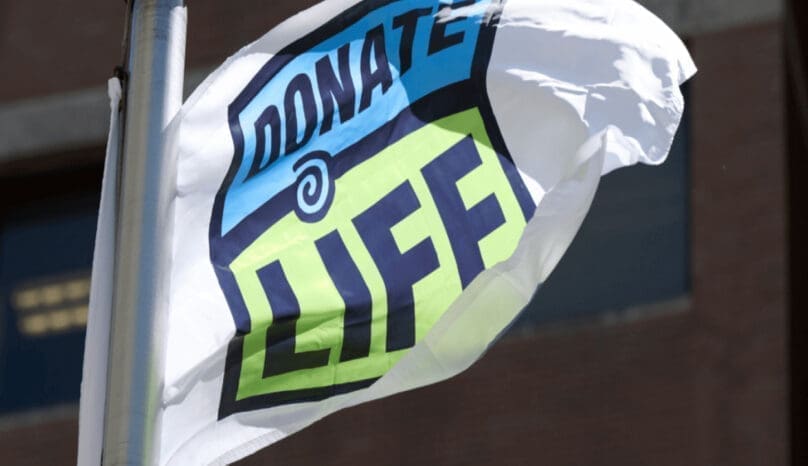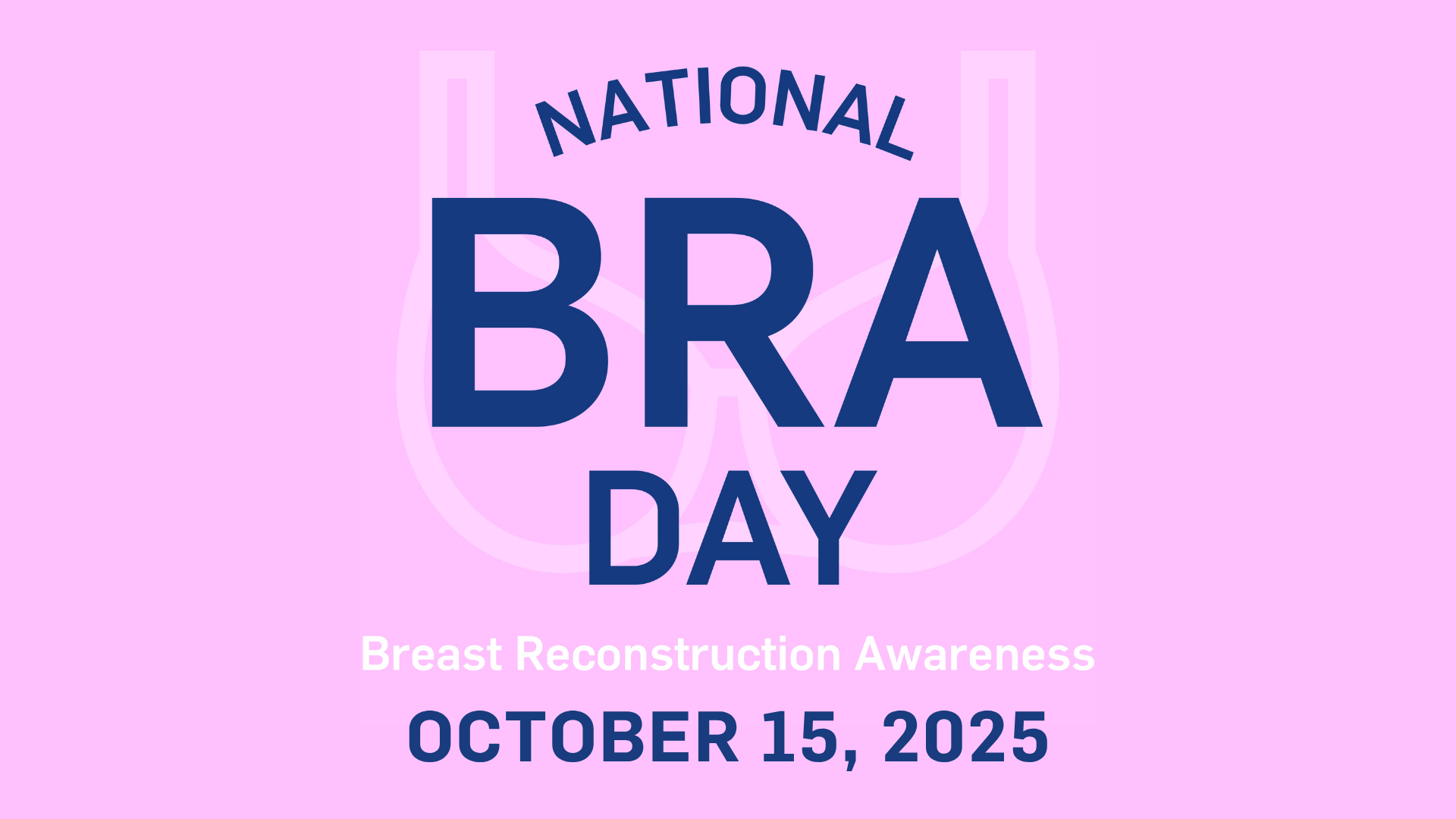Abstract
Background: Brain death frequently induces hemodynamic instability and cardiac stunning. Impairments in cardiac performance are major contributors to hearts from otherwise eligible organ donors not being transplanted. Deficiencies in pituitary hormones (including thyroid-stimulating hormone) may contribute to hemodynamic instability, and replacement of thyroid hormone has been proposed as a means of improving stability and increasing hearts available for transplantation. Intravenous thyroxine is commonly used in donor management. However, small controlled trials have not been able to demonstrate efficacy.
Methods: This multicenter study will involve organ procurement organizations (OPOs) across the country. A total of 800 heart-eligible brain-dead organ donors who require vasopressor support will be randomly assigned to intravenous thyroxine for at least 12 h or saline placebo. The primary study hypotheses are that thyroxine treatment will result in a higher proportion of hearts transplanted and that these hearts will have non-inferior function to hearts not treated with thyroxine. Additional outcome measures are the time to achieve hemodynamic stability (weaning off vasopressors) and improvement in cardiac ejection fraction on echocardiography.
Discussion: This will be the largest randomized controlled study to evaluate the efficacy of thyroid hormone treatment in organ donor management. By collaborating across multiple OPOs, it will be able to enroll an adequate number of donors and be powered to definitively answer the critical question of whether intravenous thyroxine treatment increases hearts transplanted and/or provides hemodynamic benefits for donor management.



